Your cart is currently empty!
Category: Language
Today’s Kanji (GO) Language
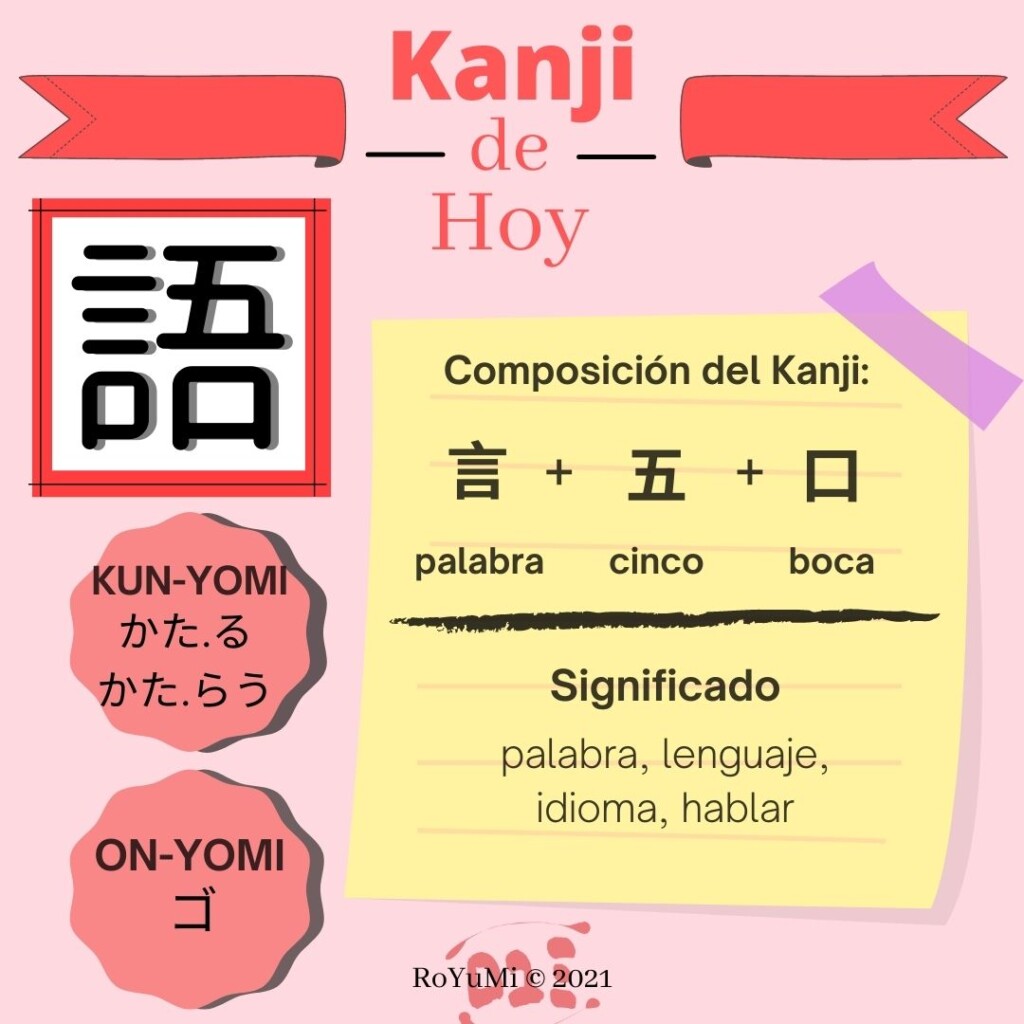
Today’s Kanji is 語 “ご” (go) – Language, word, language, to speak. Read more
The 30 Most Popular Expressions or Words in Japan in 2021

In Japan, at the end of each year, new and trendy words or expressions that people paid close attention to and talked about on their social media are selected. These selected words give an idea of how the year has been in social terms and that, if you are studying Japanese, they reveal characteristics of… Read more
Japanese proverbs – Lessons for life

Japanese sayings and idioms are full of ancient wisdom. Japanese proverbs are called ことわざ (kotowaza) and can be constructed as simple sayings or deeper, philosophical phrases. Traditional Japanese culture has always been related to agriculture, so many proverbs reflect customs and practices related to it. Some proverbs refer to the game of Go and many… Read more
We recommend this Collection of Juvenile Novels to practice your Japanese! (book)

For those of you who are learning Japanese, we recommend this selection of classic works of universal literature, presented in a youthful collection in a Japanese version with well-known titles. Many times it is easier to read in another language if you have previously read the story of the book. This collection comprises kanji from… Read more
やっぱり。- As I thought / LEARN JAPANESE

やっぱり。- Yappari as i thought ———————————– It is used to express something that is logical or with the result expected by the speaker, something that everyone should have assumed or understood. ———————————– A.昨日の試合、ドラゴンズが負けったて。 きのうのしあい、ドラゴンズがまけったて。 The Dragons lost yesterday’s game. B.やっぱり。負けると思ったよ。 やっぱり。まけるとおもったよ。 As I thought. I knew they would lose. Read more
だめだ。- I Give Up / LEARN JAPANESE
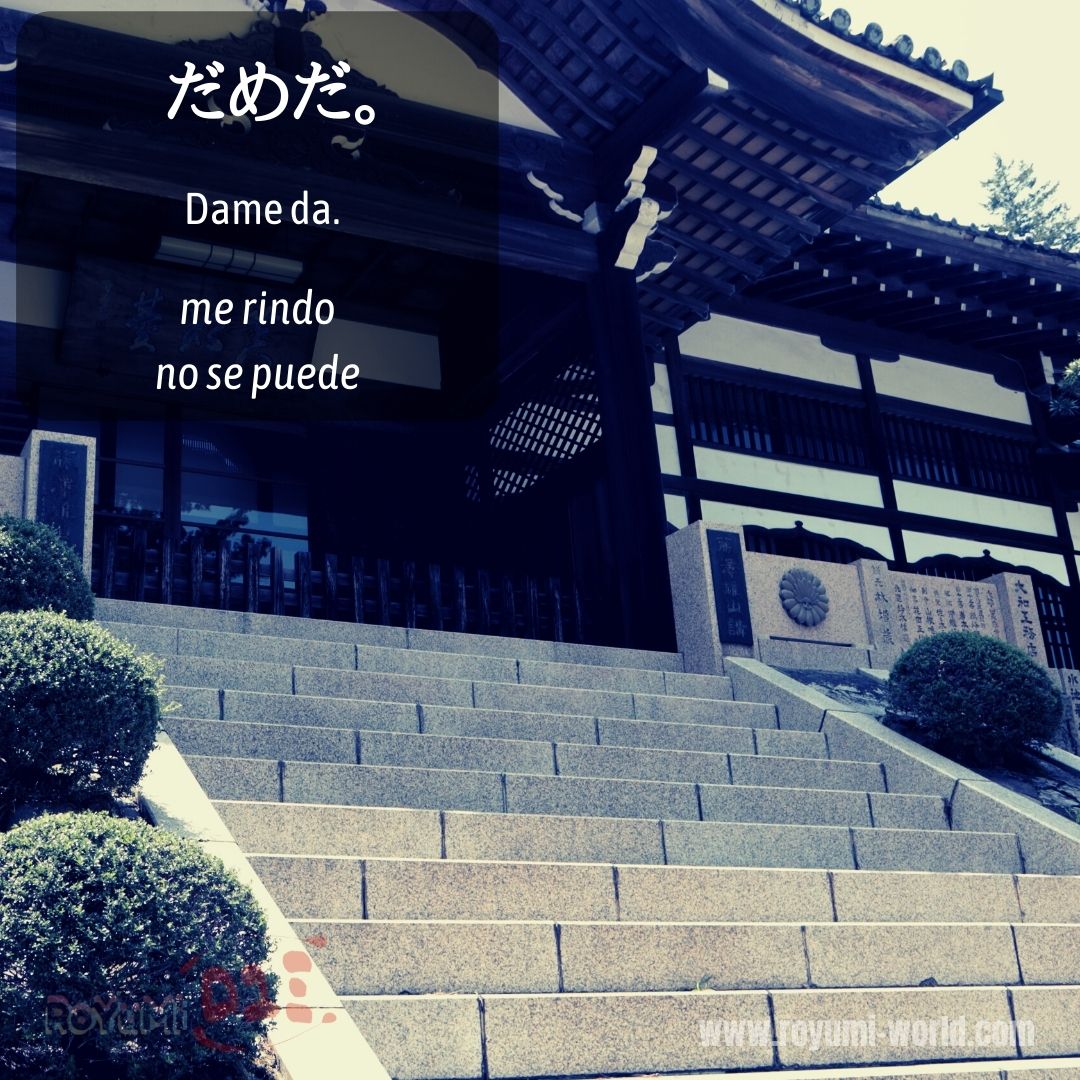
だめだ。- Tame da I give up / Can’t ———————————– Denotes giving up, feeling that there is nothing that can be done about it anymore ———————————– A.だめだ。つながらない。 だめだ。つながらない。 I give up. I can not connect B.ここは電波が入らないんだね。 ここはでんぱがはいらないんだね。 There is no good phone signal here. Read more
楽しみです。- How Exciting / LEARN JAPANESE
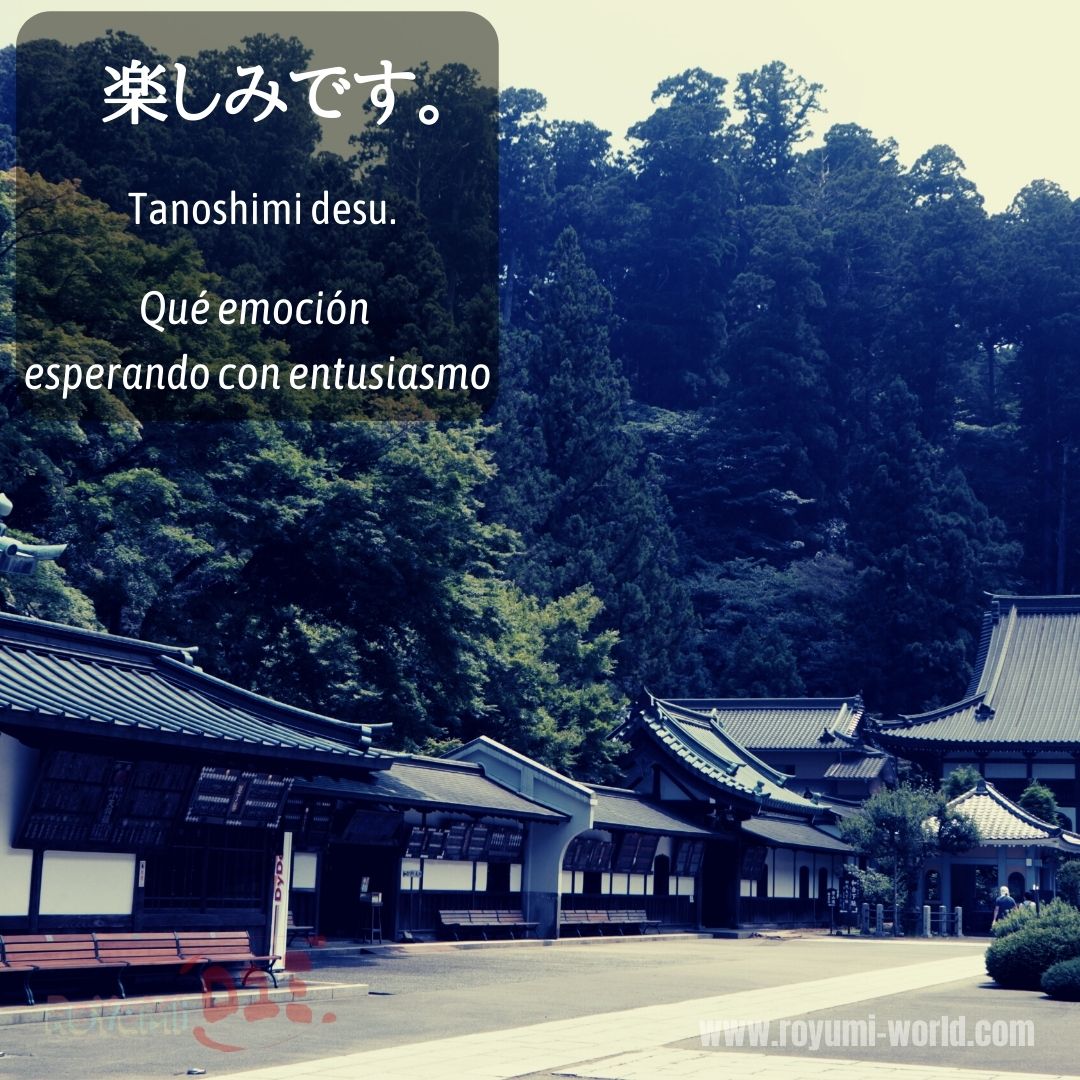
楽しみです。- Tanoshimi desu What a thrill (excitedly looking forward to) ———————————– Show of excitement about something that will happen that is expected to be fun ———————————– A.旅行は5日間? けっこう長いですね。 りょこうは5かかん? けっこうながいですね。 The trip is 5 days? It is enough time. B.ええ。今から楽しみです。 ええ。いまからたのしみです。 Yes! I’m looking forward to it with excitement! Read more
助かります。- Appreciate someone else’s help / LEARN JAPANESE
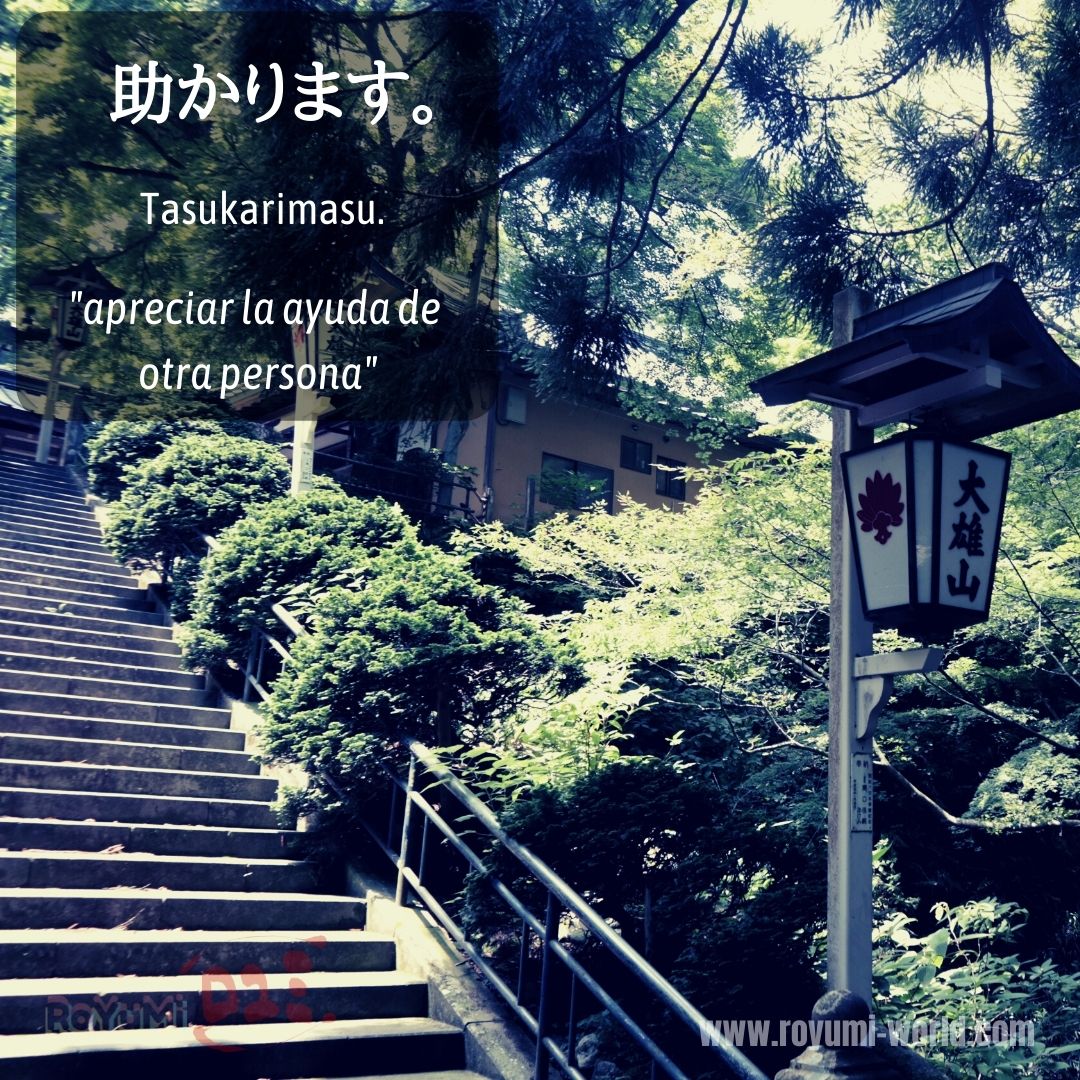
助かります。- Tasukarimasu “appreciate someone else’s help” ———————————– Reduce another’s workload, help make a task easier, help solve a problem ———————————– A.ちょっと手伝おうか。 ちょっとてつだおうか。 Can I give you a hand? B.え、いいんですか。助かります。 え、いいんですか。たすかります。 Hey, it’s not a problem for you? I would greatly appreciate it. Read more
大変ですね。- It’s hard, it’s hard / Learn Japanese
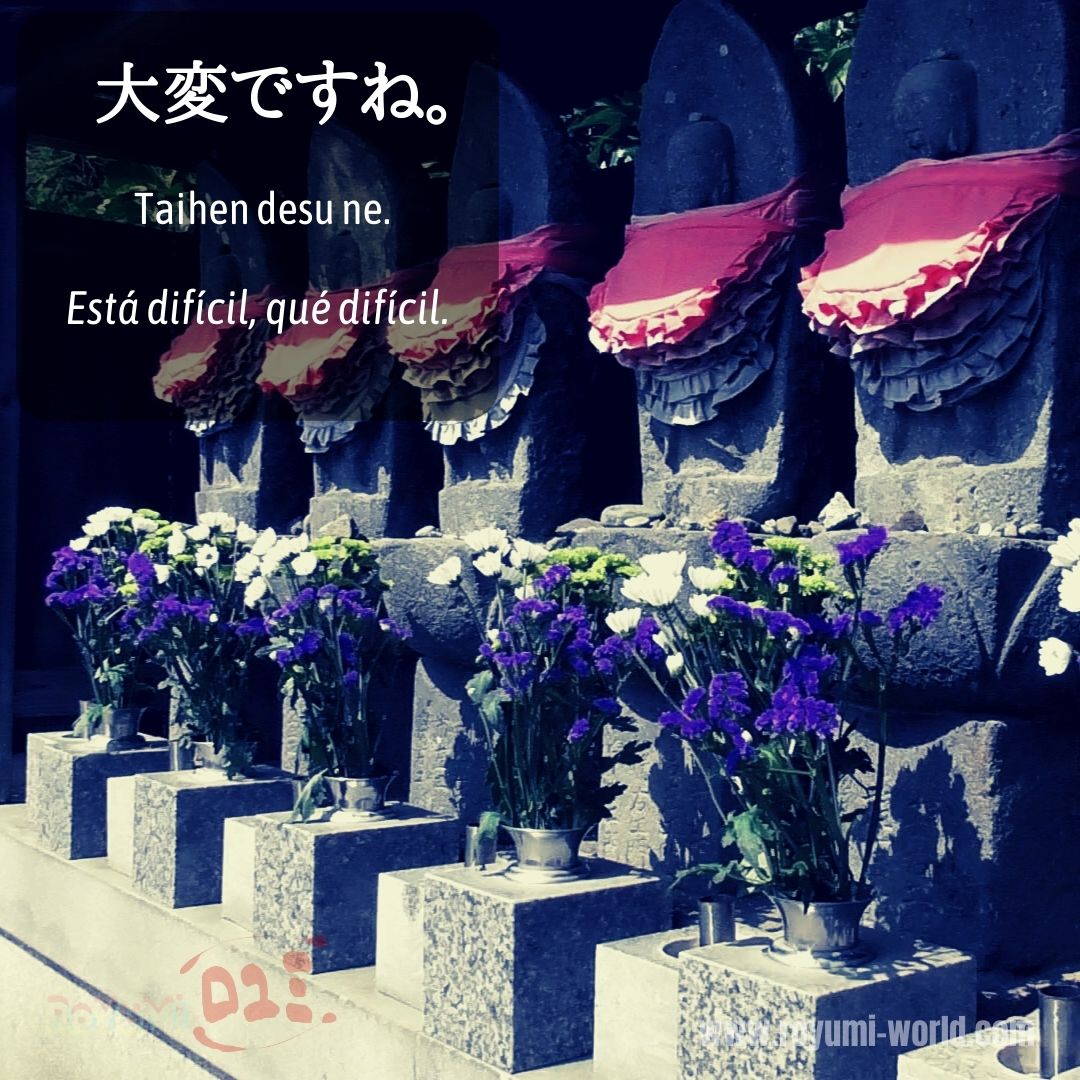
。大変ですね。- Taihen desu ne. It’s difficult, how difficult. ———————————– It is used to express understanding towards someone who is facing a difficult situation. ———————————– A.これを全部一人でやるんですか。大変ですね。 これをぜんぶひとりでやるんですか。たいへんですね。 Are you doing all this by yourself? How difficult! B.大丈夫ですよ。 だいじょうぶですよ。 No problem. Read more
そんなこと(は)ないですよ。- I don’t think so, not at all / Learn Japanese
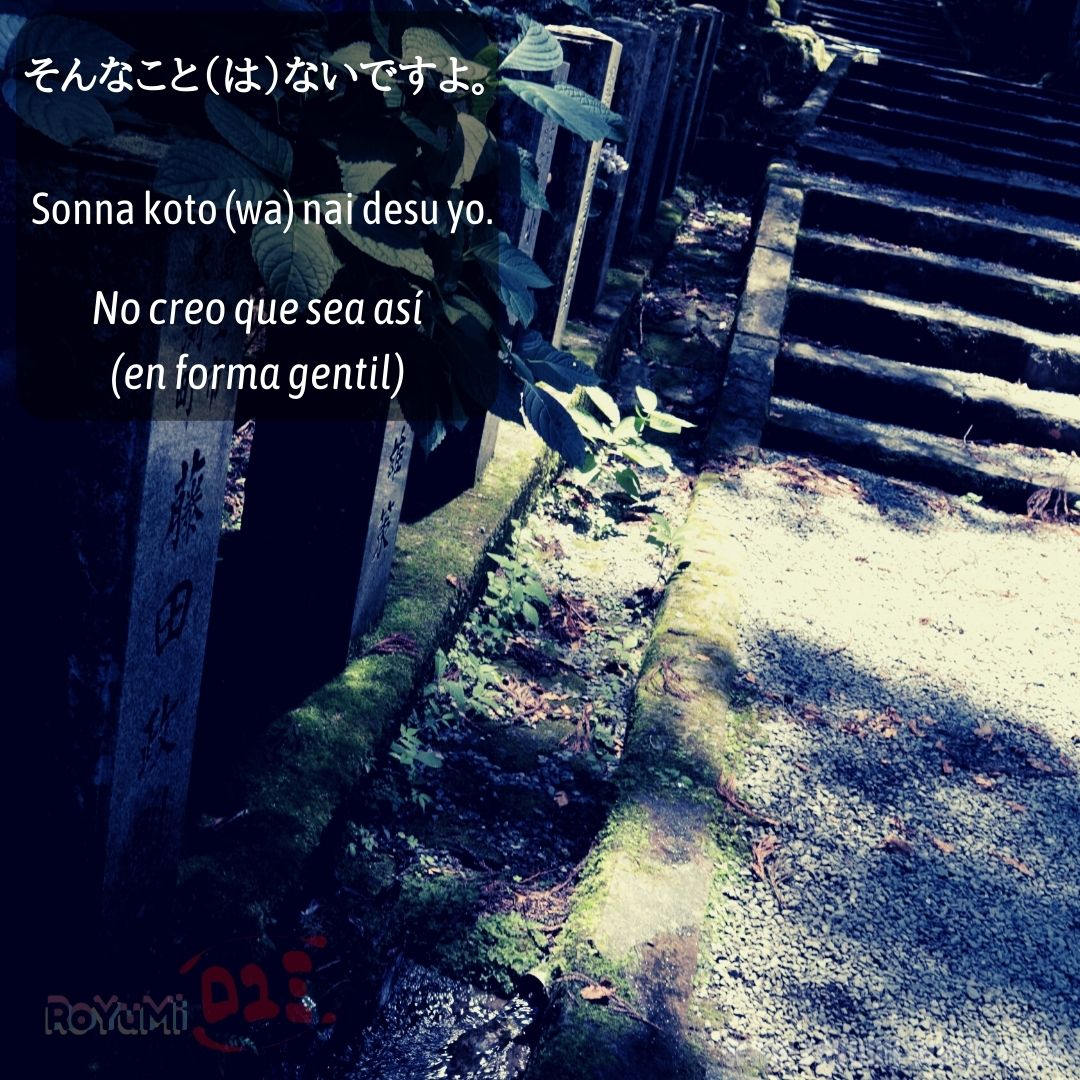
。そんなこと(は)ないですよ。 – Sonna koto (wa) nai desu yo. I don’t think so (politely) / not at all ———————————– Used to express a dissagreement in a polite manner. ———————————– A. 日本語、お上手ですね。 にほんご、おじょうずですね。 Your Japanese level is very high B. いいえ、そんなことないです。 いいえ、そんなことないですよ。 No, not at all Read more
